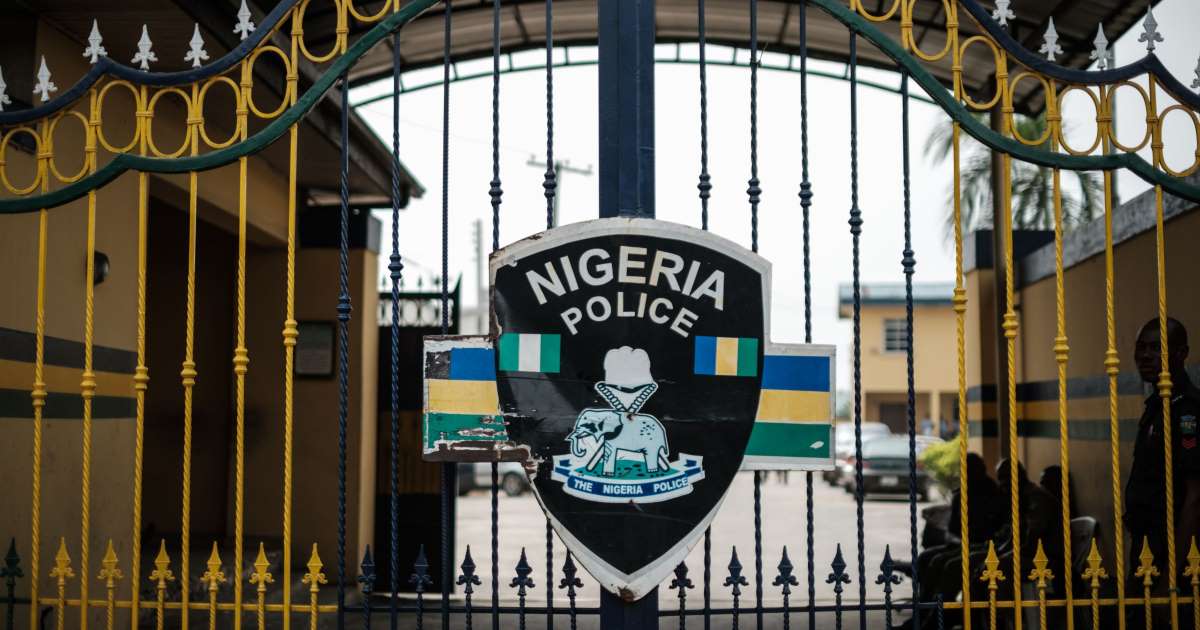One of the major innovations of the Administration of Criminal Justice Act (ACJA, 2015) is the provision for magistrates to visit detention facilities of the Nigeria Police to ascertain the state of affairs.
Some analysts are of the view that if the provision of the law on regular inspection of police detention facilities, where millions of citizens have been processed, was strictly complied with over the years, the public outrage over police brutality which resulted in the deaths and destruction of public property witnessed in Nigeria in the last few weeks might have been avoided.
Section 34(1) to 5 provides that “the Chief Magistrate, or where there is no Chief Magistrate within the police division, any Magistrate designated by the Chief Judge for that purpose, shall, at least every month, conduct an inspection of police stations or other places of detention within his territorial jurisdiction other than the prison.”
The sub-section 2 of the provision also empowers the magistrate to inspect the records of arrests, and direct the arraignment of the suspect.
Sub-section C provides that the magistrate can, “where bail has been refused, grant bail to any suspect where appropriate if the offence for which the suspect is held is within the jurisdiction of the Magistrate.
Sub-section 3 provides that, “An officer in charge of a police station or official in charge of an agency authorized to make available to the visiting Chief Magistrate or designated Magistrate exercising his powers under sub-section (1) of this section: a) the full record of arrest and record of bail; b) applications and decisions on bail made within the period; and c) any other facilities the Magistrate requires to exercise his powers under that subsection.”
Human rights lawyer, Femi Falana (SAN) said there is also a Directive of the National Judicial Council, which is not complied with by relevant authorities “hence, the incessant arrest, detention and torture of poor citizens by the police and other security agencies have since become the order of the day.”
Falana noted that the newly enacted Nigeria Police Act, 2020 has imposed a duty on all Chief Magistrates and Judges to conduct monthly visitation and inspection of all police stations and other detention facilities within their territorial jurisdiction other than correctional centres.
Section 70 (1) of Police Act held that “the Chief Magistrate, or where there is no chief magistrate within the police division, any magistrate designated by the Chief Judge for that purpose, shall at least every month, conduct an inspection of police stations or other places of detention within his territorial jurisdiction other than the prison.”
Falana said if the detention facilities are henceforth regularly inspected by Judges and Chief Magistrates as stipulated by the law the people of Nigeria will no longer be subjected to illegal arrest and detention by the Police and other security agencies, adding that there would be no basis for #EndSARS protests.
“However, to achieve the objective of the law we appeal to the respective Chief Judges to supervise the Visiting Judges and Chief Magistrates in the discharge of their statutory duties. Where there is no Chief Magistrate within the police division, the Chief Judge should designate a Magistrate for the purpose in accordance with section 70 (1) of the Nigeria Police Act, 2020,” he said.
“We equally call on the members of the Human Rights Community including the Nigerian Bar Association to assign their accredited representatives to accompany the Judges and Chief Magistrates during the monthly inspection of police stations and other detention facilities in Nigeria.”
The Executive Director of the Citizens United for the Rehabilitation of Errants (CURE), Sylvester Uhaa said the former and current Chief Justice of Nigeria emphasized the need for magistrates and the police to adhere to that provision of the “beautiful” provision of the law, which has led to the public outrage.
I am also aware that many magistrates have complained that they have many cases in their courts, therefore leaving those cases to visit detention centres will detract from their work. And that there are no incentives for them to do it.
“Magistrates are promoted based on the number of cases they have done. So, if they are going to abandon their courts to go to places of detention which are sometimes far away then who is going to transport them to those places of detention that are far away?’ So, some of the things we have been talking about is can there be incentive for them, can there be urgent allocation for them?
“One of the reasons for these protests is that police officers including SARS personnel were arresting and detaining a lot of people in their cells without access to justice.
“If the magistrates for the last two years , since this directive was issued have been visiting these places and delivering justice, releasing people, it is possible that the protest would not have occurred.
“I am waiting for anybody to say that this is being implemented. It is always the problem in Nigeria, giving statements and directives that are never implemented.”
However, a programme officer of the Rule of Law and Anti-Corruption Programme (RoLAC) of the British Council, Oluwatoyin Badejogbin said there were visits by magistrates to police stations before the COVID-19 and the #EndSARS protest, explaining that most of the visits were fixed at short notice in such a way that the police did not have time to whitewash the situation as maybe suspected. He added that there has been significant compliance with the law in the FCT.
Lagos based lawyer, Bayo Akinlade, said the state judiciary began implementing the provision for inspection of police stations in 2018 with Chief Magistrates visiting detention centres.
“Though the Lagos ACJL had no provision for this, the Lagos State Judiciary went ahead to designate these Chief Magistrates across the state.
“However, the responsibility on the magistrates has proved to be burdensome because there are more than 114 police detention centres and only about 20 to 30 Chief Magistrates to do the job,” he added.
For his part, the Convener of the Volunteer Group of Lawyers accompanying the Magistrates, Bayo Akinlade Esq, said the law needs to be reviewed to include all magistrates and even presidents of the customary courts to undertake these visits, adding that the visits help to decongest the courts and prisons as well as protect the rights of citizens.

 Join Daily Trust WhatsApp Community For Quick Access To News and Happenings Around You.
Join Daily Trust WhatsApp Community For Quick Access To News and Happenings Around You.
